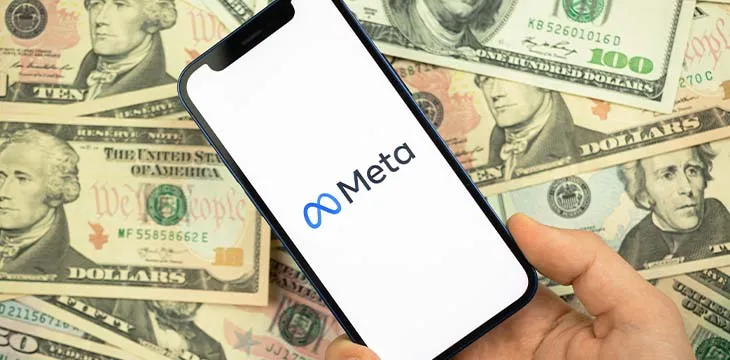|
Getting your Trinity Audio player ready...
|
The decision is one of the most significant to come out of the EU’s landmark data-protection law and will likely force the social media giant into a funding model rethink.
In a major blow to Meta (NASDAQ: META), Ireland’s data privacy regulator fined the company 390 million euros ($414 million) on January 4 for rules breaches at Facebook and Instagram, insisting both must reassess how they run advertising based on personal data in the European Union.
The decision by Ireland’s Data Privacy Commissioner (DPC), which serves as Meta’s main regulator in the EU due to the company’s European HQ being in Dublin, found that the company had illegally forced users to accept personalized ads by placing the legal consent within the terms of service—the excessively wordy statement users must accept before accessing services such as Facebook, Instagram, and WhatsApp. A move that the regulator deemed violates the EU’s General Data Protection Regulation (GDPR).
Having previously relied on the consent of users in the processing of their personal data for targeted advertising after GDPR came into force, Meta included language in its 2018 terms of service agreement that means users should consent to their data being used for personalized ads or they cannot access the service.
Meta considered this a de facto legal ‘contract,’ the DPC disagreed.
This decision by the Irish data privacy regulator does not specify how the company must comply with the ruling. However, if it was to mandate that Meta offer users an ‘opt-out’ on whether they want their data used for targeted promotions, it could prove a significant hit to the company’s advertising income—something which contributed substantially to its $118 billion in revenue in 2021.
GDPR came into force in 2018, and one of its goals was to restrict the lucrative but morally questionable practice of companies collecting information about users without their prior consent—data farming as it’s often called—to sell to third parties or, in the case of Meta, use to push up the value, and thus the price, of advertising on its platforms.
Of course, alternative revenue models already exist in the web3 space.
Once such a model, which had it been employed by Meta would have spared them this run-in with the EU regulators and hefty fine, is using blockchain technology to power a microtransaction-based economy.
Social platforms on the BSV blockchain, such as La Mint or Twetch, are examples of this alternate funding model in action—the latter company uses an innovative pay-to-earn system where users pay a small fee to post content from which they then earn money, all taking place on the blockchain.
Watch: The BSV Global Blockchain Convention presentation, Making it easy for creators to earn – using BSV blockchain

 07-11-2025
07-11-2025 





